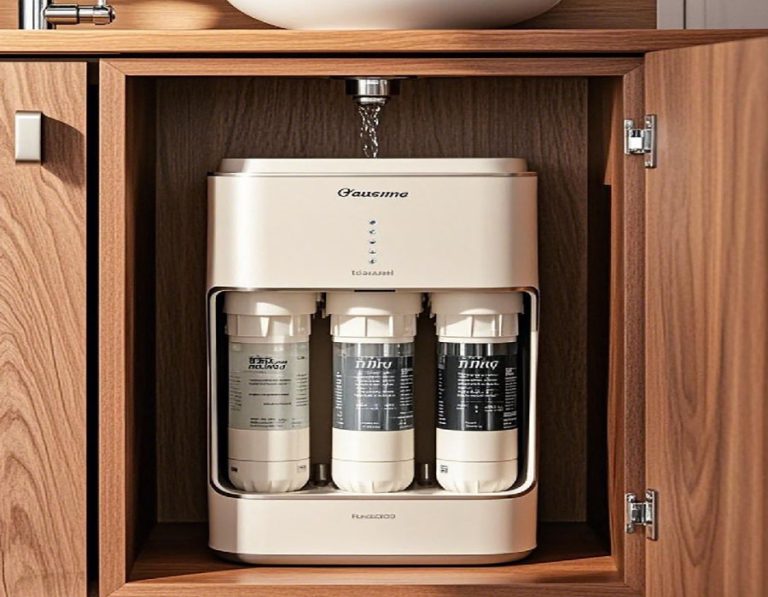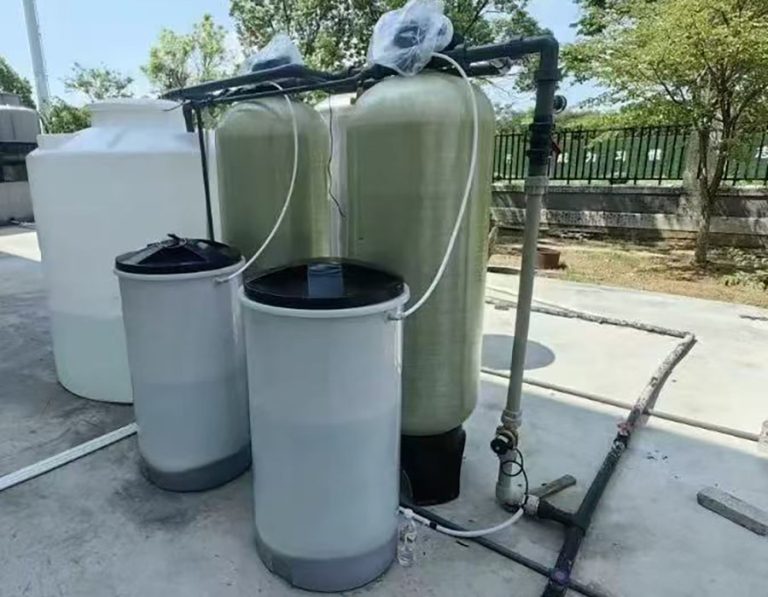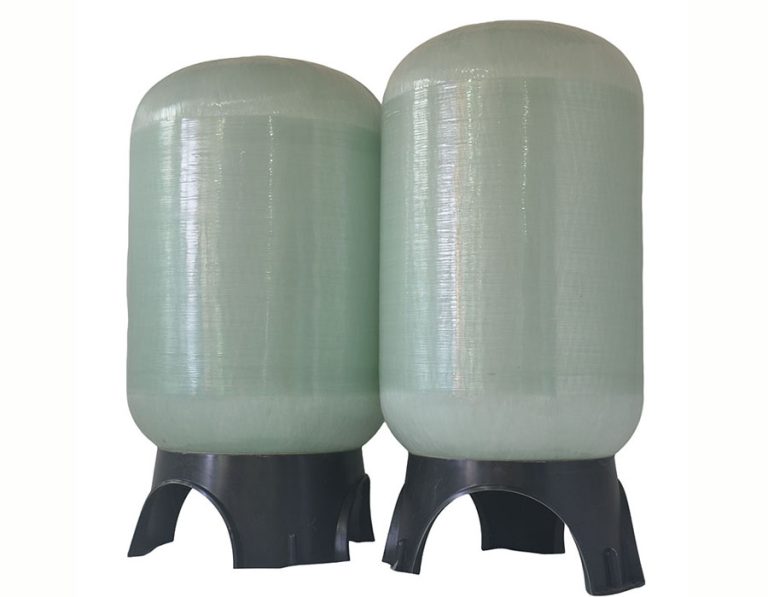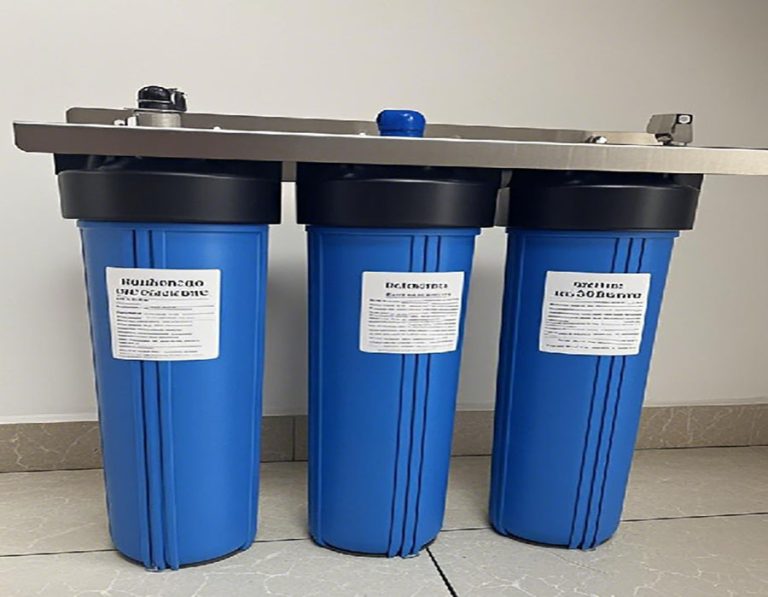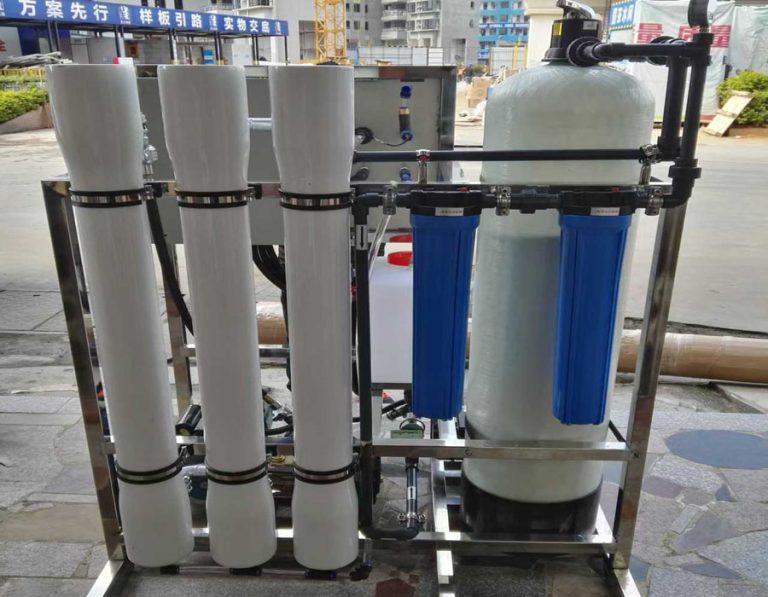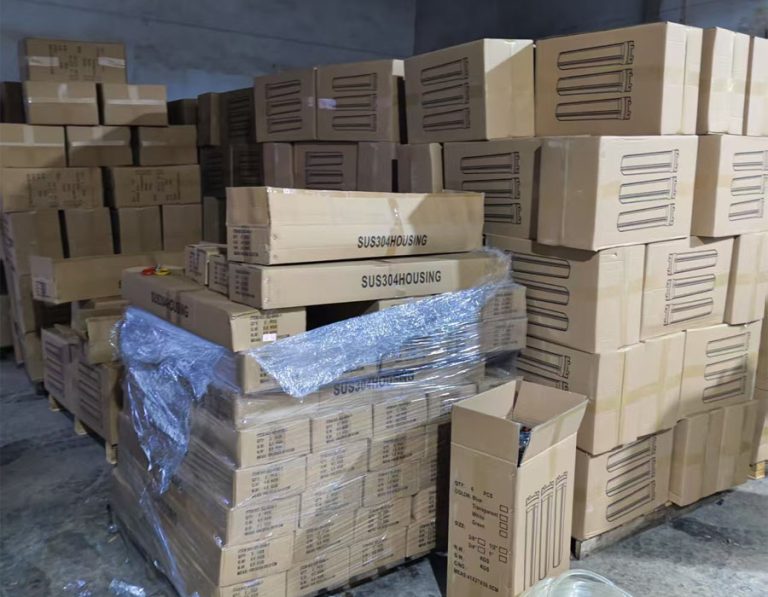One stop supplier of water treatment parts&accessories
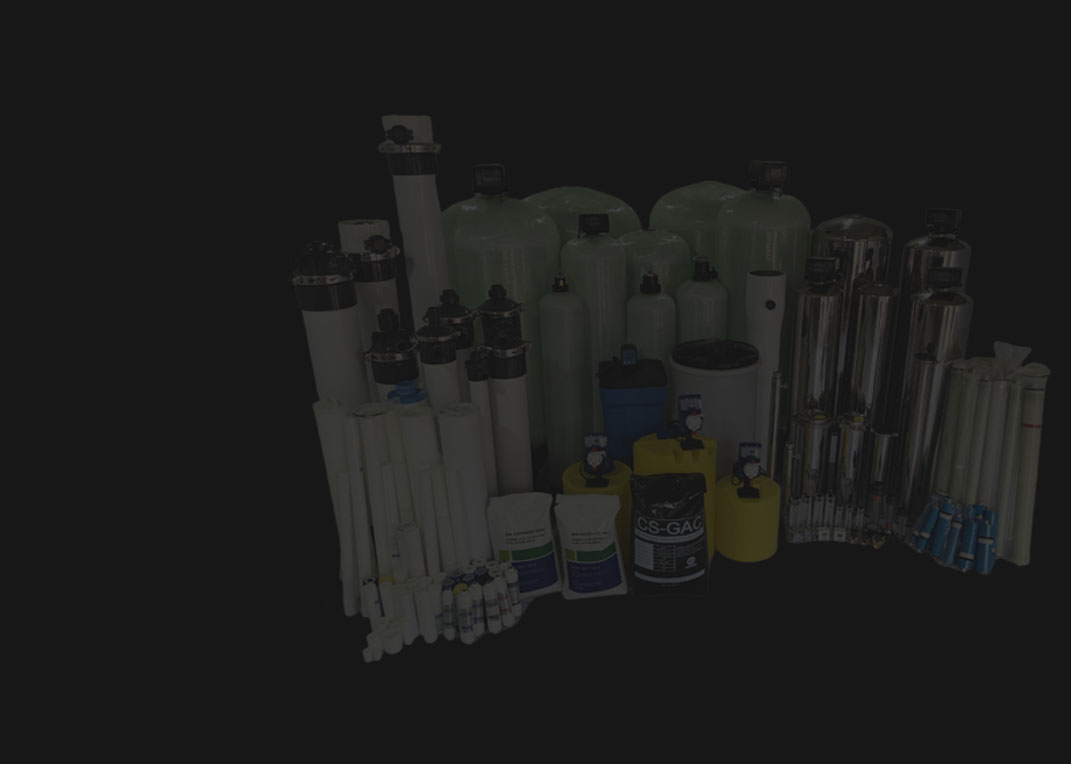
does a water softener filter water
If you’re asking does a water softener filter water, the answer lies in understanding its unique role. While water softeners don’t remove contaminants like chlorine or heavy metals, they play a critical role in eliminating hardness minerals. This guide explores how softeners work, their benefits, and when to pair them with filters for optimal results.
The Hidden Costs of Hard Water: Why Action is Needed
- Plumbing Damage:
Calcium and magnesium ions create scale buildup, reducing water flow by 25% and increasing pipe replacement costs by 40%. - Appliance Failure:
Hard water shortens water heater lifespan by 50% and decreases dishwasher efficiency by 30%. - Skin & Hair Issues:
Soap scum clogs pores, causing dryness and irritation. Over time, hard water can damage hair cuticles, leading to breakage.
Key Question:
Does a water softener filter water sufficiently to address these problems? Let’s explore the science.
Does a Water Softener Filter Water?
How Water Softeners Work
Water softeners use ion exchange technology to:
- Trap calcium (Ca²⁺) and magnesium (Mg²⁺) ions in resin beads
- Release sodium (Na⁺) or potassium (K⁺) ions into the water
- Regenerate using a saltwater brine solution
What They Do Not Filter:
- Sediments like sand or rust
- Chemicals such as chlorine or pesticides
- Biological contaminants like bacteria
The Bottom Line:
While does a water softener filter water in the traditional sense? No. But it transforms hard water into softer water by removing scale-forming minerals.
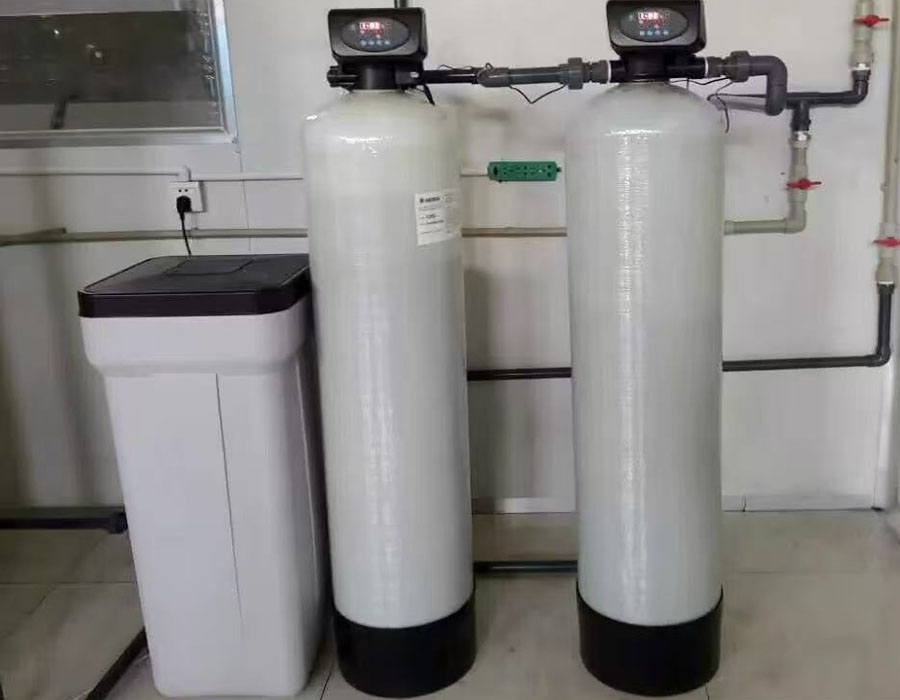
The Benefits of Softened Water
1. Protects Your Home
- Appliance Lifespan: Extends water heaters, dishwashers, and washing machines by 50%
- Plumbing Efficiency: Reduces scale buildup, maintaining water pressure and flow
2. Enhances Daily Life
- Softer Skin & Hair: Soap lathers better, reducing dryness and irritation
- Cleaner Surfaces: Eliminates soap scum on showers, sinks, and glassware
3. Saves Money
- Energy Savings: Reduces water heating costs by 20-30%
- Maintenance Reductions: Decreases repair needs for pipes and appliances
When to Pair a Water Softener with a Filter
Common Contaminants Softeners Can’t Fix
| Contaminant | Health Risk | Solution |
|---|---|---|
| Chlorine | Skin irritation, cancer risk | Activated carbon filter |
| Lead | Neurological damage | Reverse osmosis (RO) |
| Iron/Sulfur | Stains and rotten egg smell | Iron filter |
Hybrid System Benefits:
- Sediment Filter: Prevents resin fouling in softeners
- Carbon Filter: Removes chemicals and improves taste
- RO System: Ensures pure drinking water
Case Study: Softener + Filter in Denver, CO
Household Profile:
- Water hardness: 180 ppm
- High iron content (2.5 ppm)
- Frequent plumbing repairs
Implementation:
- Installed 64,000-grain water softener
- Added whole house iron filter
- Under-sink RO system
Results:
| Parameter | Before | After | Improvement |
|---|---|---|---|
| Water Hardness | 180 ppm | 30 ppm | 83% |
| Iron Content | 2.5 ppm | 0.1 ppm | 96% |
| Plumbing Repairs | 4/year | 0/year | 100% |
| Skin Hydration | 40% | 68% | 70% |
Choosing the Right System for Your Home
1. Water Quality Analysis
- At-Home Test Kit: Measures hardness, pH, and basic contaminants
- Lab Testing: For detailed analysis of heavy metals and VOCs
2. System Options
| Household Type | Recommended Solution | Cost Range |
|---|---|---|
| Hard Water Only | Water softener | $800-$6,000 |
| Contaminants + Hard Water | Softener + whole house filter | $1,500-$8,000 |
| Well Water | Softener + iron filter | $2,000-$10,000 |
3. Maintenance Tips
- Salt Refills: Monthly for softeners
- Filter Replacements: Every 6-12 months
- Annual Inspection: Check resin bed and membrane condition
FAQ: Your Burning Questions Answered
Q: Does a water softener filter out bacteria?
A: No. Use UV sterilization or RO systems for biological contaminants.
Q: Can a softener improve drinking water quality?
A: It removes hardness but not chemicals. Pair with a carbon filter for safer drinking water.
Q: Are salt-free softeners effective?
A: They prevent scaling but don’t remove minerals. Best for mild hardness (<100 ppm).
Q: How long does a water softener last?
A: 10-15 years with proper maintenance. Salt-free systems last 5-7 years.
Q: Do water softeners remove iron?
A: No. Iron requires specialized filters or a water conditioner.


